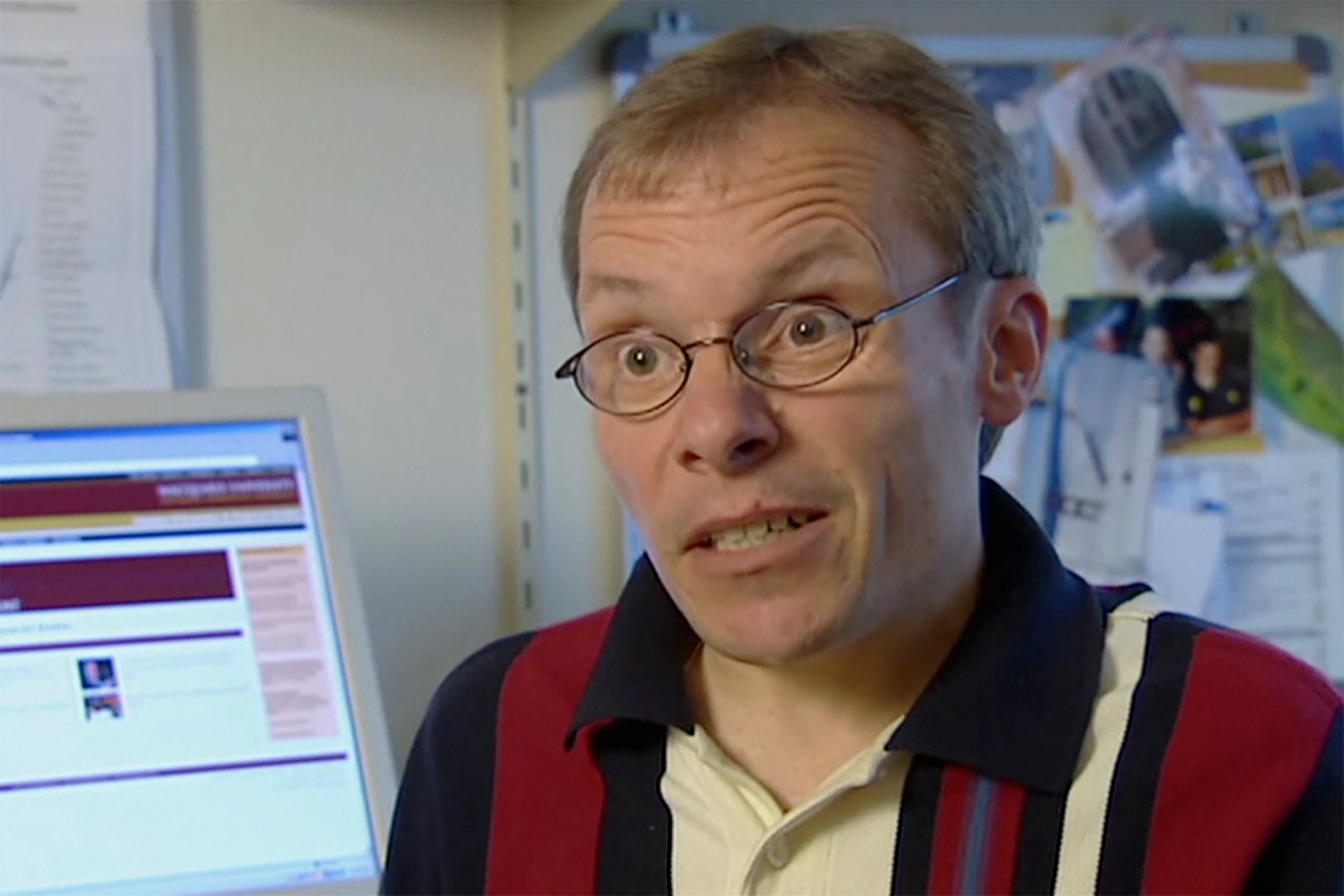Myanmar court gives go-ahead for Australian's secrets trial
A court in Myanmar has ruled that prosecutors presented sufficient evidence against ousted leader Aung San Suu Kyi, Australian economist Sean Turnell and three other defendants to continue their trial on charges of violating the official secrets law

Your support helps us to tell the story
From reproductive rights to climate change to Big Tech, The Independent is on the ground when the story is developing. Whether it's investigating the financials of Elon Musk's pro-Trump PAC or producing our latest documentary, 'The A Word', which shines a light on the American women fighting for reproductive rights, we know how important it is to parse out the facts from the messaging.
At such a critical moment in US history, we need reporters on the ground. Your donation allows us to keep sending journalists to speak to both sides of the story.
The Independent is trusted by Americans across the entire political spectrum. And unlike many other quality news outlets, we choose not to lock Americans out of our reporting and analysis with paywalls. We believe quality journalism should be available to everyone, paid for by those who can afford it.
Your support makes all the difference.A court in Myanmar ruled Thursday that prosecutors presented sufficient evidence against ousted leader Aung San Suu Kyi, Australian economist Sean Turnell and three other defendants to continue their trial on charges of violating the official secrets law.
Turnell had served as an adviser to Suu Kyi, who was arrested when her elected government was ousted by the army on Feb. 1, 2021.
The military’s takeover triggered peaceful nationwide protests that security forces quashed with lethal force, triggering armed resistance that some U.N. experts now characterize as civil war.
Turnell was arrested in Yangon, the largest city, a few days after the military seized power. He is being tried in the capital, Naypyitaw, with Suu Kyi and three former Cabinet members charged in the same case.
Violating the official secrets law carries a maximum penalty of 14 years in prison. The colonial-era statute criminalizes the possession, collection, recording, publishing or sharing of state information that is “directly or indirectly, useful to an enemy.”
The exact details of Turnell’s alleged offense and those of the others have not been made public, though Myanmar state television, citing government statements, has said the Australian academic had access to “secret state financial information” and had tried to flee the country.
Turnell is also being prosecuted under the immigration law, which carries a punishment of six months to five years' imprisonment. Prosecutions under the immigration law are common for foreigners being held for other offenses.
A legal official who is familiar with Turnell’s case said he and his co-defendants were formally indicted Thursday, allowing their trial to continue. He spoke on condition of anonymity because he is not authorized to release information.
Under Myanmar law, a judge can order an end to a trial after the prosecution has presented its case if it is found to not have merit. If the judge finds the prosecution case credible, the trial continues into a second phase in which the defense presents its case and a verdict is rendered.
The court in coming weeks will hear the defense arguments, including a re-examination of the prosecution’s witnesses.
The legal official said Turnell, who is detained at a prison in Naypyitaw, appeared to be in good health.
Suu Kyi is currently being tried in Naypyitaw on several charges including corruption and election fraud. The cases against her, lodged at the behest of the military-installed government, are widely seen as an effort to discredit her to prevent her return to politics.